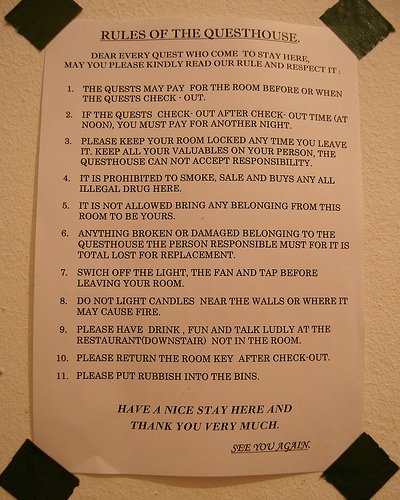Social Networking
Mi Casa Es Su Casa — But I Set the Rules
 Paul Klocko got a surprise in the mail in April: a letter on official stationary from Weston, Wisconsin administrator Dean Zuleger, demanding that Klocko stop posting comments on the web criticizing him. The letter also asked that Klocko "come out from behind the cloak" and meet Zuleger in person.
Paul Klocko got a surprise in the mail in April: a letter on official stationary from Weston, Wisconsin administrator Dean Zuleger, demanding that Klocko stop posting comments on the web criticizing him. The letter also asked that Klocko "come out from behind the cloak" and meet Zuleger in person.
New Media Guides Legal and How-to guides
Welcome to our Legal and How-to resource center. We hope these guides will help you, the user/creator, to learn about
- Rights and laws on the Internet
- How to use new technologies and social media in your own life

